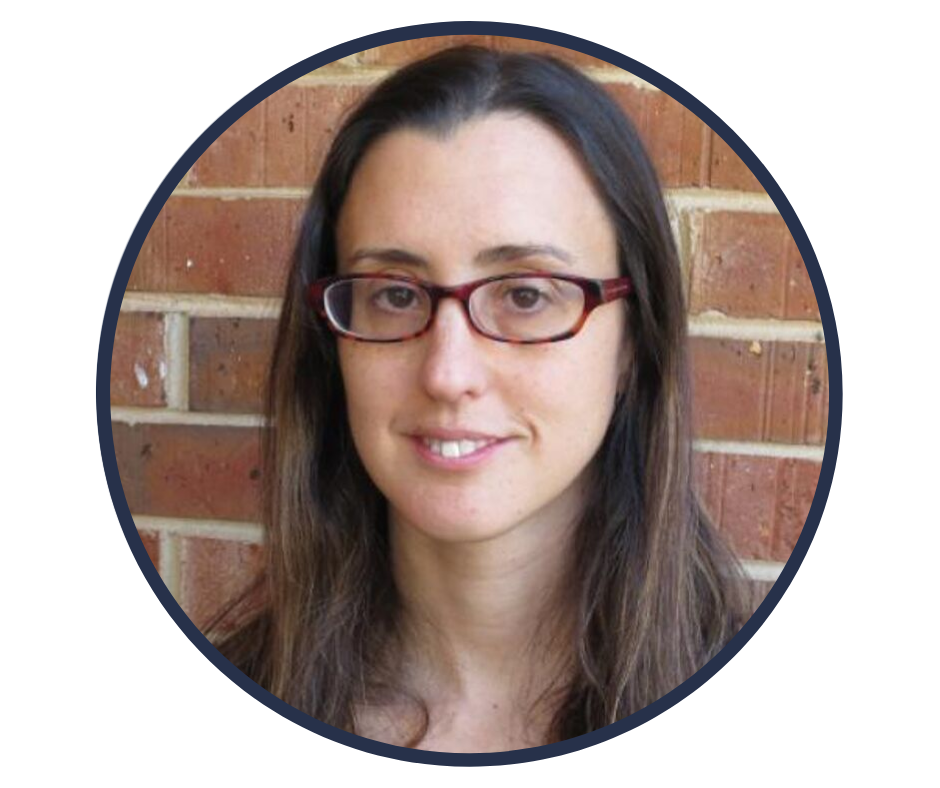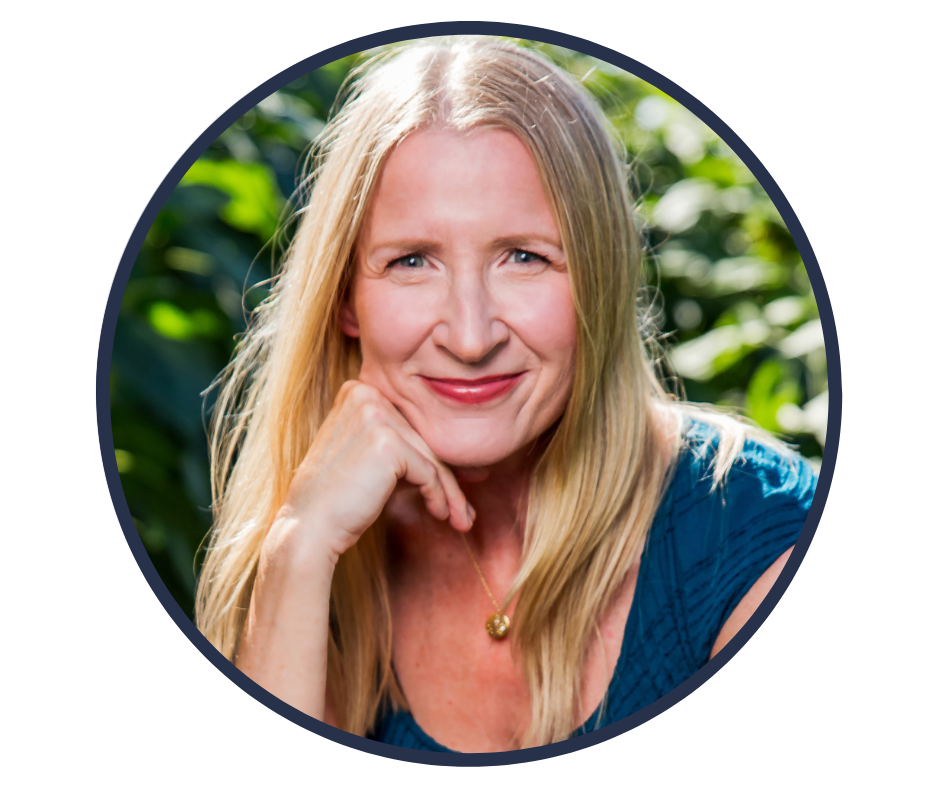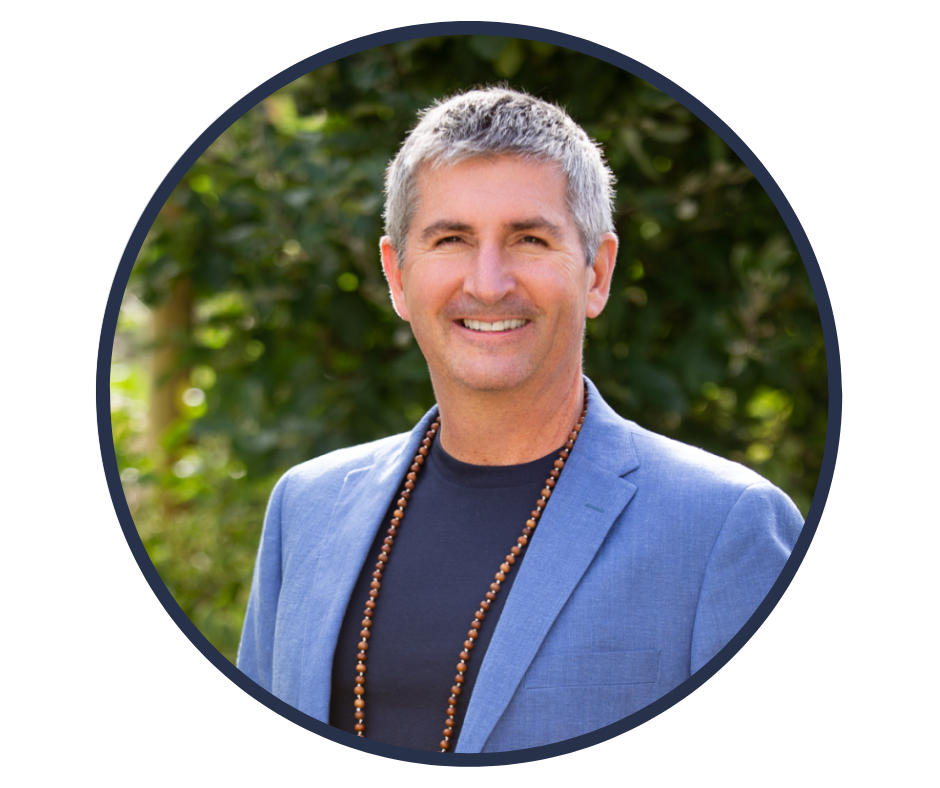Transforming Psycho-Emotional Pain

Transforming Psycho-Emotional Pain
This course includes
The instructors
Overview
In this online course, we will explore the distinctions between yoga therapy for symptom management and yoga therapy as a catalyst for transformation. There are two distinct paradigms that underlie each approach which will be further explored.
The process of transformation and the essential elements that support it will also be discussed. Participants will be guided in an experience of Phoenix Rising Yoga Therapy as an approach to facilitate or catalyze transformational experience and invited to discuss their experience and its potential application to their work in supporting the psycho-emotional wellbeing of their clients.
Join Neil Pearson, Shelly Prosko, Marlysa Sullivan, and Michael Lee for Yoga and Science in Pain Care Chapter 11: Transforming Psycho-Emotional Pain
Learning objectives
- Describe the distinctions between yoga therapy as a process for symptom management and as a process for catalyzing transformation
- Learn how the transformational approach to yoga therapy draws from elements of yoga philosophy, Buddhism, psychology, and neuroscience
- Practice, experience and examine the application of a transformational approach to yoga therapy and its potential to support psycho-emotional wellbeing.
What you will learn can be effectively applied via virtual and in-person consults.
Additional information
This course is part of a larger series. You can choose to register for individual sessions or you can register for the entire series at a discount. Click here to learn more about the series of courses.
Audience
This course and the entire Yoga and Science in Pain Care series is intended for:
- Practitioners including yoga therapists and healthcare practitioners interested in integrating yoga with their persistent pain population to expand their approaches in clinical practice
- Yoga teachers interested in understanding aspects of the science behind yoga and pain
- Medical/healthcare professionals who want to better understand pain or want to integrate yoga and mind/body practices
- Mind/body contemplative practitioners/researchers/clinicians who want to better understand the science around pain and how yoga as a mind/body practice works with people in pain
- Yoga practitioners or integrative health consumers who want an in-depth read with practical knowledge in this field.
- Yoga therapist programs and medical university/college programs that require online course study in pain care
- Schools that have online mind/body programs as stand-alone modules or as part of medical programs and other mind-body institutions.
- People suffering from pain, particularly those keen about learning some practices to help with pain self-care and who want to learn more about the value of integrating pain science and yoga
We also hope that this series will help bring together yoga therapists and health professionals. There is value in blending science and yoga therapy in pain care – for the person in pain, for the health professional, and for the yoga professional.
Is this course eligible for CEU's?
The answer is dependent on your profession and geographic location of practice. For Canadian Physiotherapists, this course series counts towards your learning hours and professional portfolio.
For other professions and jurisdictions, please submit the course descriptions and objectives we have provided to your professional association to review.
The instructors

MPT, C-IAYT
Marlysa is a physiotherapist and yoga therapist with over 15 years of experience working with people suffering with chronic pain conditions. She is an Assistant Professor in Yoga Therapy and Integrative Health Sciences at Maryland University of Integrative Health and holds an adjunct position at Emory University, where she teaches the integration of yoga and mindfulness into physical therapy practice in the DPT program. She is also the author of Understanding Yoga Therapy: Applied Philosophy and Science for Well-being and co-editor of Yoga and Science in Pain Care: Treating the Person in Pain as well as several peer-reviewed articles.
Marlysa has been involved in the professionalization of the field of yoga therapy through the educational standards committee of IAYT, which helped to define the competencies for the field, and in characterizing the yoga therapy workforce through research. Her research interests focus on defining the framework and explanatory model for yoga therapy based on philosophical and neurophysiological perspectives.

PT, C-IAYT, PCAYT
Shelly has been helping people recover and flourish since 1998 as a physiotherapist, yoga therapist, educator, author and pioneer of PhysioYoga, blending evidence-informed body-mind-breath-spirit-heart centered practices and principles, such as yoga, into physiotherapy with a focus on chronic pain, pelvic health, compassion in healthcare and professional burnout. She is on faculty at several therapy programs, presents at medical conferences globally, contributes to academic research and writing, provides classes, courses and resources for the general population, and offers continuing education courses and mentorship for professionals.
She considers herself a lifelong student and emphasizes the immense value gained from clinical experience and learning from those she serves, the professionals she teaches, and the colleagues with which she collaborates.
Shelly is the co-editor/author of the book Yoga and Science in Pain Care: Treating the Person in Pain and has authored numerous book chapters in a variety of rehabilitation textbooks.
She maintains a clinical practice in Sylvan Lake, Alberta and believes compassion (including self-compassion), meaningful connections, spending time in nature and sharing joy are powerful contributors to rehab and well-being.
Visit www.PhysioYoga.ca to learn more.

M.A., Dip.Soc.Sci., C-IAYT

PT, MSc(RHBS), BA-BPHE, C-IAYT, ERYT500
Neil is a physical therapist, yoga therapist, author, researcher, Clinical Associate Professor at the University of British Columbia, faculty in three IAYT-accredited yoga therapy programs, board member for the International Association of Yoga Therapists and pain care advocate. He conducts research into the effects of yoga on veterans with chronic pain and people with osteoarthritis. Neil is the recipient of awards honouring his work in pain care, patient education and physiotherapy by Queen’s University, the Canadian Pain Society and both provincial and national physiotherapy associations, including the Canadian 2021 Medal of Distinction.
Neil is a consultant to Partners in Canadian Veterans Rehabilitation Services, and to Lifemark’s 300+ clinics in Canada. Neil is a past board member for Pain BC, Canada’s premier non-profit transforming the way pain is understood and treated. He co-authored – Yoga and Science in Pain Care 2019, authored the patient education ebook, Understand Pain Live Well Again in 2008, and is lead contributor to many free patient resources offer by Pain BC.
For more information and course offerings, see www.paincareaware.com
Material included in this course
-
Yoga and Science in Pain Care Chapter 11: Transforming Psycho-Emotional Pain
-
Introduction
-
The Hypothesis
-
Practice
-
Response to Practice
-
Questions Pt1
-
Questions Pt2
-
Questions Pt3
-
Feedback